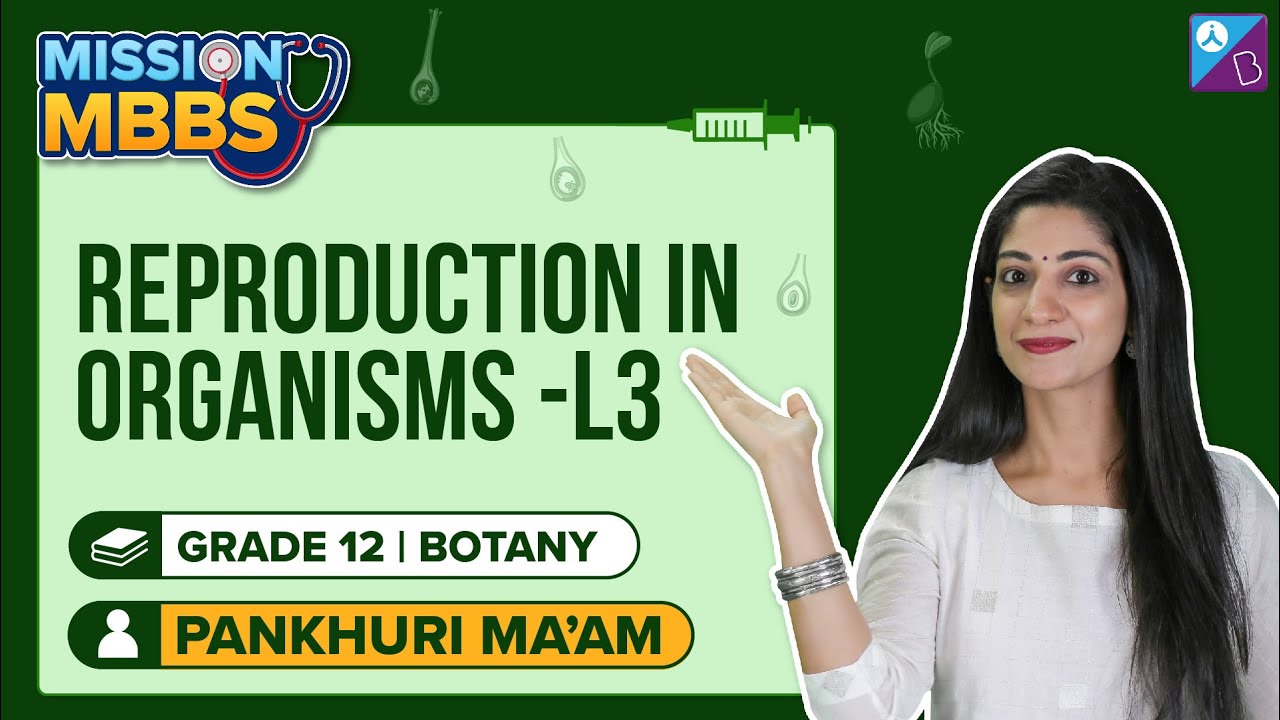Sporulation is the formation of spores during unfavourable conditions from vegetative cells. It is hence sometimes considered to be an adaptive instinct allowing entities to survive even in the extreme of conditions either extremely hot or freezing conditions, or even nutrition-deprived conditions. Solve some questions for NEET on sporulation here.
1. The daughter cells that are formed when the septum forms near the poles of the cell is known as
(a) daughter cell
(b) macrocell
(c) minicell
(d) microcell
Answer: (c)
2. _____________ is also used to address lag phase
(a) generation time
(b) transitional period
(c) period of initial adjustment
(d) none of the above
Answer: (c)
3. This can best describe a microbial control protocol inhibiting the growth of molds and yeasts
(a) fungistatic
(b) bactericidal
(c) fungicidal
(d) bacteriostatic
Answer: (a)
4. In gram-positive cells, during its reproduction, synthesis of new membrane material is carried out by this organelle
(a) cytoplasmic membrane
(b) endoplasmic reticulum
(c) mesosome
(d) nucleus
Answer: (c)
5. A fold or bleb like formation is seen in this bacteria
(a) E.coli
(b) Bacillus subtilis
(c) Rhodopseudomonas acidophila
(d) Streptococcus faecalis
Answer: (a)
6. This is not a characteristic of a growth curve
(a) every growth curve has 4 distinct stages
(b) Graph numbers of microbes versus time
(c) plotted with logarithmic numbers
(d) under relatively stable environmental conditions, development of microbial population is seen
Answer: (a)
7. Spores produced endogenously are found in all except this
(a) Rhizopus
(b) Mushroom
(c) Mucor
(d) Albugo
Answer: (b)
8. _____________ is used to refer to the growth of bacteria or microbes
(a) increase in the number of cells
(b) change in the total population
(c) increase in the mass of an individual entity
(d) increase in the size of an individual entity
Answer: (a)
9. In bacteria, sporulation takes place in this growth phase
(a) phase of decline
(b) log phase
(c) lag phase
(d) stationary phase
Answer: (d)
10. Rhodopseudomonas acidophila follows this mode of reproduction
(a) Budding
(b) Sporulation
(c) Fragmentation
(d) Binary fission
Answer: (a)
BYJU’S also offers MCQs on other important topics for NEET. Explore them.
Recommended Video:
Reproduction in Organisms Biology Class 12 Chapter 1 L-3 | NEET 2022-2023 Botany Exam

Related Links:
|
Important Notes For NEET Biology – Reproduction in Organisms |
Comments